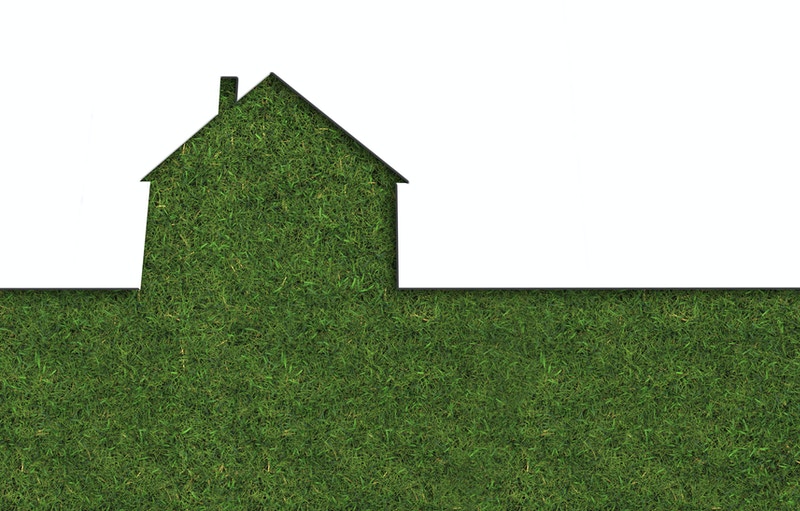

Radon gas is the second leading cause of lung cancer in the United States. Responsible for as many as 20,000 lung cancer deaths each year, according to the EPA and Surgeon General’s Office, radon is a radioactive gas that can infect our homes and living environment undetected.
If this is the first time you’ve heard of radon gas, you aren’t alone. Despite being the second leading cause of lung cancer in the U.S., the dangers of radon gas exposure are not commonly known. The good news is you’re here now, and we’ve compiled a concise list of the most important things for savvy homeowners to know about radon gas. Once you’ve read through the list, you’ll be better prepared to find radon testing and inspection services near you who can help protect you and your loved ones from radon exposure. But first, a quick definition of what radon gas is and how it could be infecting your home right now.
Radon gas is…
…a carcinogenic gas created during the radioactive decay of uranium or thorium. During the decay process, radionuclides are created. These radiocnuclides are called radon decay products or, more familiarly, radon daughters or radon progeny. These radon progeny then attach themselves to airborne particles such as dust where they can then pollute our home air, leading to exposure through inhalation or ingestion.
Radon is a single atom of gas, making it adept at passing through common household materials such as paper, plastic, and most types of paints as well as building materials like sheetrock, mortar, insulation, and wood paneling. It is also water soluble and may be found in well or other underground water.
What you need to know about radon gas
- Radon gas is colorless, odorless, and tasteless. The only way to detect it is through radon testing and inspection services.
- Children are at higher risk from radon exposure, likely due to their increased respiration rates and the faster division of their cells.
- The only thing that causes more lung cancer deaths in the U.S. than radon is smoking.
- There is no threshold at which radon exposure has been determined to pose no risk. The lower the level of radon exposure, the lower your risk of lung cancer, but any exposure to radon can potentially lead to lung cancer.
- The EPA has set an action level for radon gas is 4 pCi/L.
- A home with 4 pCi/L of radon gas is exposing its inhabitants to 35 times the level the Nuclear Regulatory Commission allows people to experience while standing beside radioactive waste.
- Around one in every 15 homes in the U.S. is estimated to have a radon level at or above the EPA’s set action level.
- Nearly 5,000 deaths could be prevented each year by lowering radon exposure in homes.
- Outdoors, radon quickly dilutes to a very low concentration, but in the home, radon concentrations are often higher, with the highest concentrations of radon being found below ground.
- Radon is naturally occurring and not produced commercially. However, spas have been known to use radon for its purported health benefits.
How do I protect myself and my family?
If you’re feeling concerned about radon in your home, good. You should be. The EPA, Surgeon General, American Medical Association, American Lung Association, and National Safety Council all advice having radon testing and inspection done on your home. Since there is no color, odor, or taste to radon gas, having a radon testing company perform residential radon testing on your home is the only way to know how much radon you and your family are being exposed to.
There are inexpensive and simple methods of measuring radon levels in your homes. Since the level of radon gas fluctuates, the best methods involve continued testing over an extended period. Short-term testing can be performed for two to 90 days, or longer-term detectors can be placed in your home for over 90 days.
Once radon is detected, there are cost-effective radon mitigation and abatement services to lower the radon level in your home. A radon testing and inspection company can help you determine the best method of radon abatement in your home.
The most important thing to know is…
…there is no reason to live with radon exposure. Contact a radon mitigation company for help today.